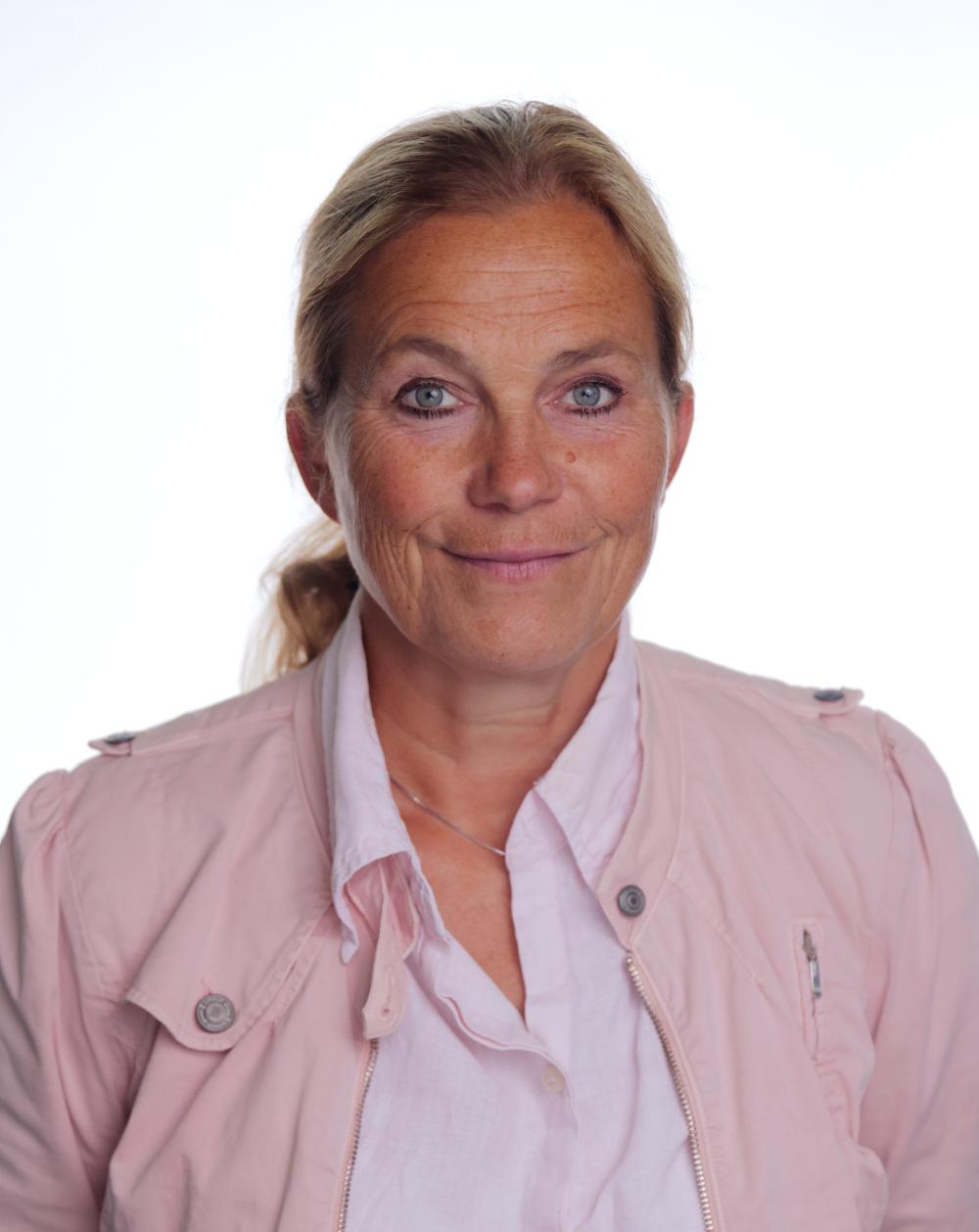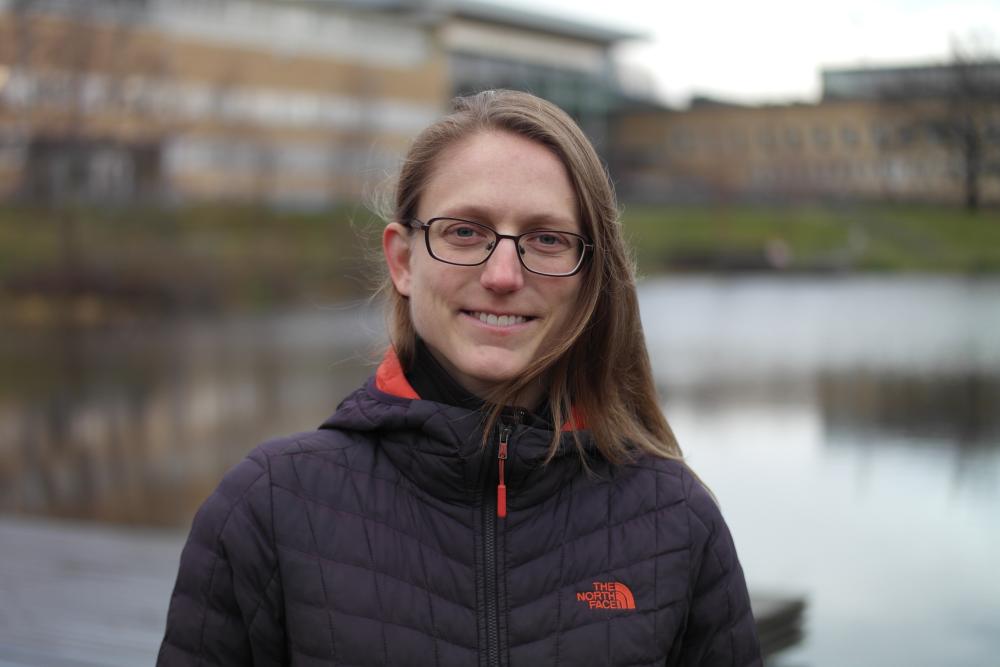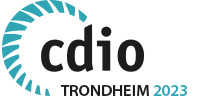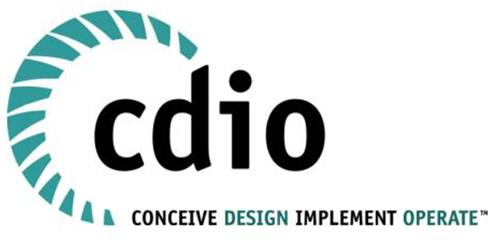Plenary keynotes
Plenary keynotes
Alexandra Bech Gjørv

Alexandra Bech Gjørv has been President and CEO of SINTEF since 2016. SINTEF is one of Europe's largest independent, applied research institutes, providing technological and social science expertise to promote innovation across a broad span of sectors in society.
Gjørv has a long leadership career in Norsk Hydro and Equinor behind her spanning New Energy Solutions and Automotive, as well as serving as Executive Vice President of HR, HSE and CSR. She chairs the board of the Norwegian energy company Hafslund and has previously held non-executive board member positions in Technip SA in France, as well as the Norwegian companies Schibsted, Eidsiva (chair) and Norske Skog.
Alexandra is a qualified lawyer and spent five years as a partner at the Law Firm Hjort. She chaired the government appointed 22. July Commission following the terrorist attacks on the Government Center in Oslo and the massacre on the island of Utøya in 2011.
Future competence needs, as seen from the perspective of a large, Norwegian technology research institute
SINTEF is a Norwegian polytechnic research institute, with 2.200 employees, with the vision “Technology for a better society”, and the mission to improve competitiveness and solve societal challenges.
The institute is highly involved in the green and digital transformation of industries, combining strengths in digital-, manufacturing- and material-based enabling technologies, with domain expertise in important areas such as energy and energy-related industries, ocean-based industries, and construction and smart societies.
The researchers in SINTEF are engaged in very large project portfolio in close collaboration with businesses, the public sector and universities. As such, SINTEF each year recruits a high number of engineering candidates, many of whom stay in SINTEF, but many also move into industry with valuable experience after some years of research experience. The 19th International CDIO Conference and its main theme Engineering Education for a Smart, Safe and Sustainable Future is therefore of high importance to SINTEF.
In her contribution Alexandra Bech Gjørv will talk about SINTEF’s outlook for the future of technology and research to meet the transformation needs of society, as well as the expected changes in work forms. She will explore what implications these developments will have for both for the leadership of SINTEF, and for SINTEF’s expectations to the future workforce – both new graduates, and for lifelong learning in the existing workforce.
Johanna Lönngren

Johanna Lönngren is an Associate Professor in Science and Engineering Education and an educational developer at Umeå University, Sweden.
Her research focuses on education for sustainable development, wicked problems, and emotions in engineering education. She also teaches pedagogical development courses on education for sustainable development to faculty at Umeå University.
A Daunting but Essential Task – How can we better integrate sustainability perspectives into engineering education?
The CDIO standards stress the importance of preparing engineering students to work for sustainability. Further, one of the recently added optional standards specifically focuses on sustainable development, outlining the need to help students develop “knowledge, skills and attitudes required to address sustainability challenges” and to closely integrate teaching for sustainability with disciplinary content.
It may be easy to agree on these goals but achieving them can seem like a daunting and overwhelming task. Where and how can we start to better integrate sustainability into engineering education? How can we – from individual educators to university management – work together to overcome structural, institutional, cultural, and emotional hinders to educational change?
In this keynote, I will (1) provide a brief overview of the basic principles and practices of education for sustainable development, and (2) discuss concrete tools and strategies we can use to integrate sustainability into engineering education, including specific pedagogical tools, competence development for faculty, program development initiatives, and influencing institutional cultures. I hope that this lecture will provide you with inspiration, concrete ideas, and confidence in your own – and your colleagues’ – ability to contribute to preparing engineering students to deal with the urgent, complex, and wicked sustainability problems they will be facing in their professions.



